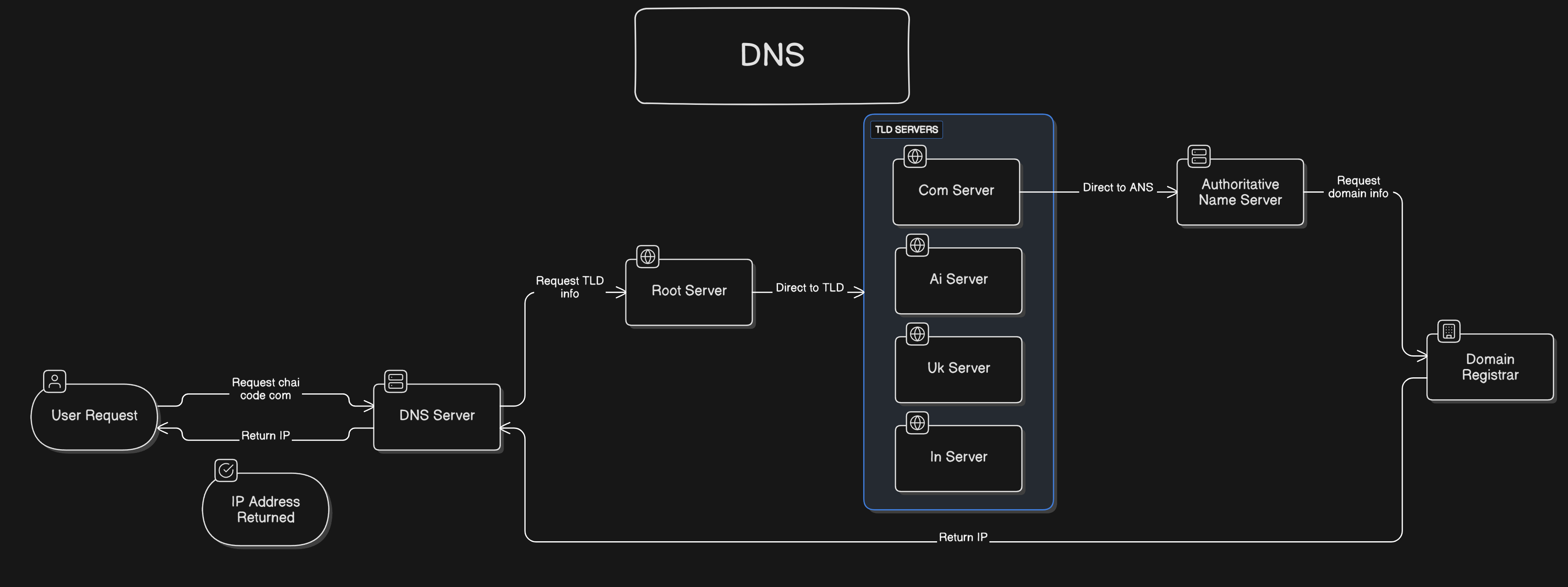What is DNS and Why is it Important?
 Niraj
Niraj
Understanding DNS
Domain Name System (DNS) is the backbone of the internet, acting as a digital phonebook that translates human-friendly domain names (like xyz.com) into numerical IP addresses (like 192.168.1.1). This translation is essential because computers and servers use IP addresses to locate and communicate with each other.\
If there is no DNS, we would have to memorize long strings of numbers instead of simply typing in website names.
Why is DNS Important?
Simplifies Internet Navigation
DNS eliminates the need for users to remember complex IP addresses. Instead, we can type in readable domain names, making web browsing more intuitive and accessible.
Enhances Website Performance
DNS caching helps speed up website loading times by storing IP address information temporarily. This reduces the time it takes for your browser to look up a site’s address, improving overall performance.
Supports Website Availability
When you enter a domain name, DNS ensures your request is routed to the correct server. If one server is down, DNS can reroute traffic to an alternative server, preventing downtime and ensuring reliability.
Improves Security
DNS security measures, like DNSSEC (Domain Name System Security Extensions), help prevent cyber threats such as phishing attacks and DNS spoofing. By verifying the authenticity of DNS responses, these security measures protect users from malicious websites.
Enables Internet Scaling
The internet is vast and constantly expanding. DNS allows it to scale by managing domain registrations and directing traffic efficiently across the globe.
How DNS Works in Simple Terms
You type a website name (e.g.,
google.com) into your browser.The browser checks cache to see if it recently accessed the site.
If not found, a DNS request is sent to a recursive DNS server, which searches for the correct IP address.
The request may go through multiple DNS servers (root, TLD, and authoritative) until the IP address is found.
The browser connects to the website’s server using the retrieved IP address.

Final Ping
DNS is what makes the internet easy to use, fast, and secure. It translates human-friendly names into IP addresses, boosts website performance, ensures reliability, enhances security, and scales the internet for future growth.
Next time you visit a website without thinking twice, remember that DNS is working behind the scenes to make it possible.
Subscribe to my newsletter
Read articles from Niraj directly inside your inbox. Subscribe to the newsletter, and don't miss out.
Written by
